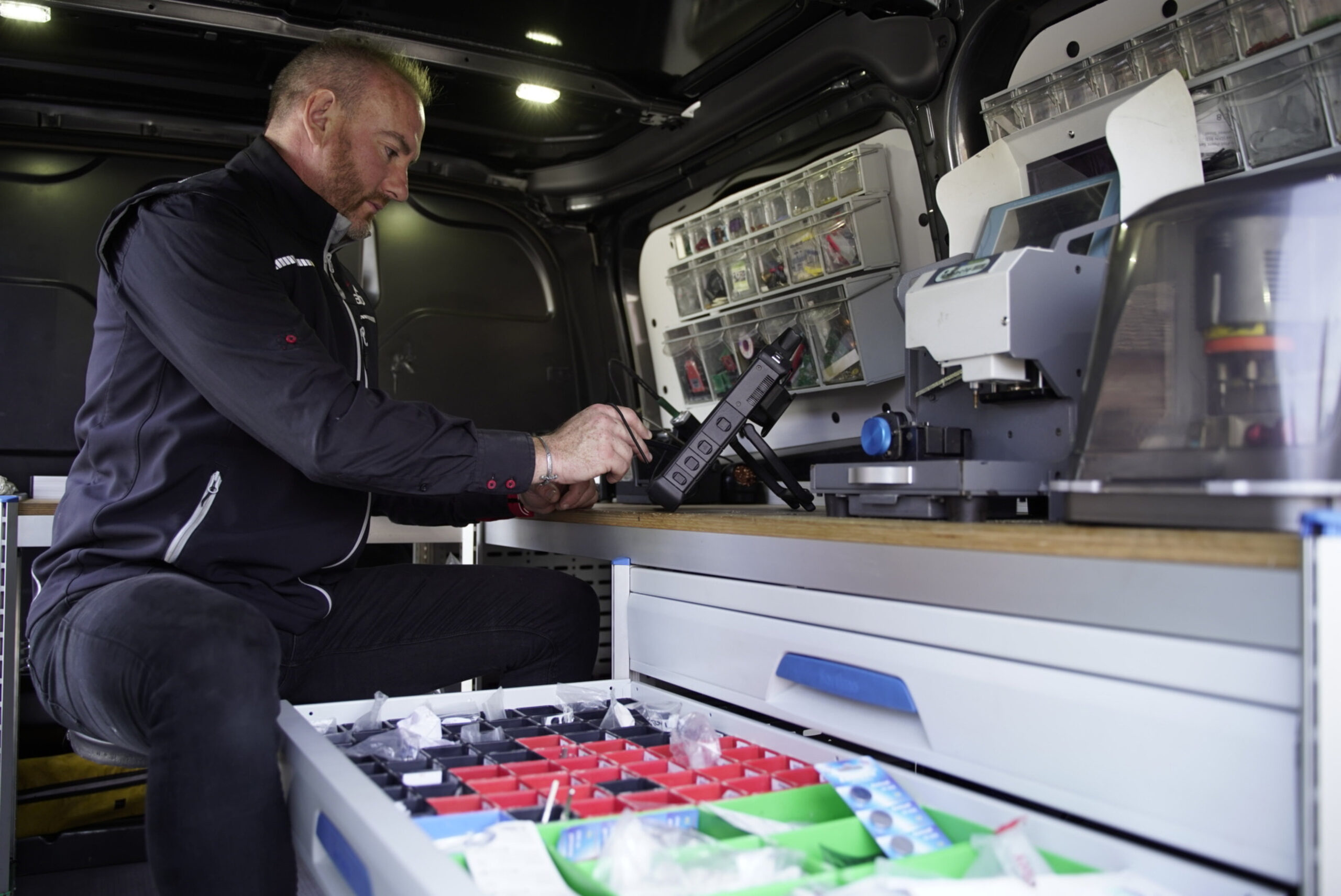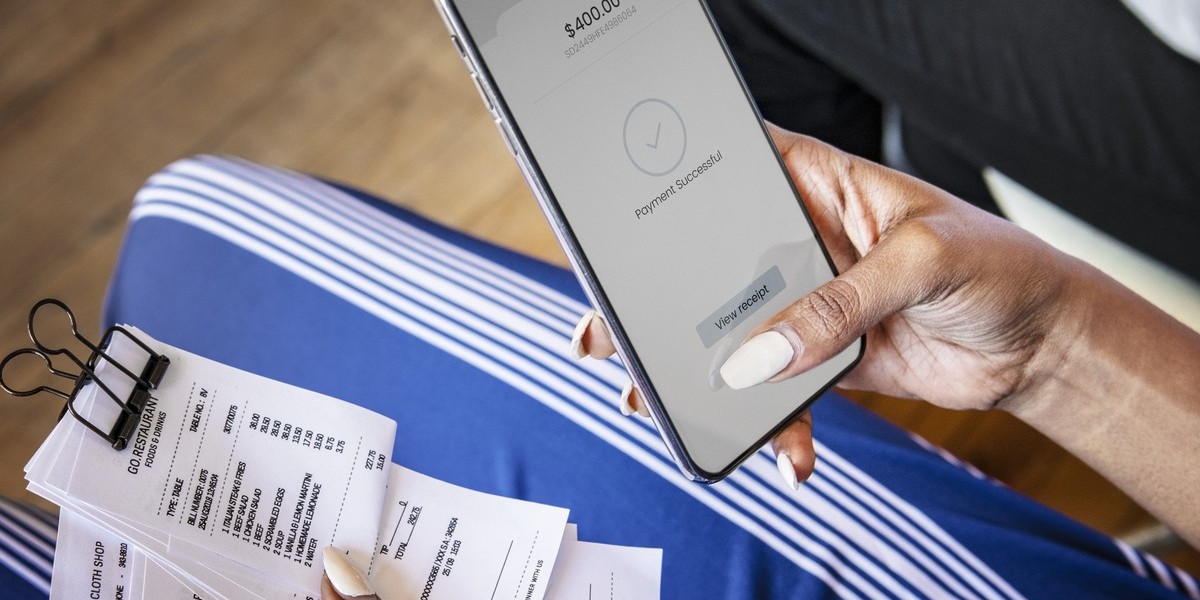Understanding Ignition Key Replacement: A Comprehensive Guide
In today's hectic world, where autos are an essential part of every day life, losing or harming the ignition key can bring about considerable inconvenience. Ignition key replacement is a procedure that many vehicle owners deal with at some point. This short article offers a thorough look at ignition key replacement, kinds of keys, the procedure included, and responses to frequently asked questions.
What is an Ignition Key?
An ignition key is a little metal things designed to run the ignition system of an automobile. It enables the driver to begin the car's engine, and in lots of modern automobiles, it likewise supplies access to extra functions, such as locking and unlocking doors and activating security systems.

Types of Ignition Keys
There are a number of types of ignition keys, each with unique functions and mechanisms. Understanding these distinctions can help vehicle owners understand what to expect when changing ignition keys.
1. Standard Car Keys
Conventional keys are easy metal keys cut to fit a particular ignition cylinder. This kind of key is the a lot of basic and is commonly found in older cars.
2. Transponder Keys
Modern cars typically come geared up with transponder keys that have a little microchip embedded within them. This chip sends out a signal to the car remote replacement's ignition system, guaranteeing that only the correct key can begin the engine. Transponder keys provide additional security but can be more costly to replace car key.
3. Switchblade Keys
Switchblade keys are a hybrid of conventional and transponder keys. They include a foldable design that withdraws into the key fob. When needed, the key flips open, looking like a switchblade knife. This design is both compact and elegant.
4. Key Fobs and Smart Keys
These are the most sophisticated ignition keys. Key fobs usually include both ignition and push-button control functions that allow the motorist to unlock doors and start the engine without placing a key (keyless entry and start). Smart keys use proximity sensing units to find the key fob within a particular variety, allowing push-button start performance.
The Ignition Key Replacement Process
Replacing an ignition key can differ in complexity depending on the type of key and the vehicle's make and model. Nevertheless, the general process is outlined listed below:
Step-by-Step Guide to Ignition Key Replacement
Report the Lost Key: If the key is lost or stolen, it is vital to report it to regional authorities and inform your insurance coverage business.
Collect Necessary Information: The vehicle owner need to gather all appropriate info, such as the make, model, year of the vehicle, and vehicle recognition number (VIN).
Check out a Locksmith or Dealer: Choose in between a locksmith focused on automotive keys or a car dealership. Each option has benefits and drawbacks regarding price and timing.
Supply Proof of Ownership: Regardless of who you approach for key replacement, be prepared to reveal proof of ownership, such as the vehicle title or registration.
Create a New Key: Depending on the key type, the locksmith professional or dealership will cut a traditional key or program a transponder, key fob, or wise key.
Test the New Key: Once the key is created, it's essential to evaluate it to ensure it works perfectly with the vehicle's ignition system.
Prospective Costs Involved
Below is a table highlighting the prospective expenses associated with ignition key replacement based on the type of key:
| Type of Key | Average Cost | Key Features |
|---|---|---|
| Traditional Key | ₤ 10 - ₤ 40 | Standard key, no transponder |
| Transponder Key | ₤ 50 - ₤ 150 | Microchip innovation for improved security |
| Switchblade Key | ₤ 80 - ₤ 200 | Combines conventional key features with style |
| Key Fob/Smart Key | ₤ 200 - ₤ 500+ | Advanced performance with keyless entry |
Often Asked Questions (FAQs)
1. The length of time does it take to replace an ignition key?
The time needed to replace an ignition key can differ, generally ranging from 10 minutes to an hour, depending on the key type and the company's capabilities.
2. Can I replace a lost key myself?
While producing standard keys can sometimes be done with DIY kits, modern transponder and key fob systems usually need specialized equipment and programming, making it recommended to look for expert assistance.
3. What to do if I lose my key fob?
If you lose your key fob, it can typically be reprogrammed for a cost by a locksmith or dealership, who can produce a brand-new one to make sure that no unapproved parties can access your vehicle.

4. Will my insurance cover key replacement?
Numerous auto fob replacement insurance coverage offer coverage for lost or stolen keys. It is advisable to evaluate your policy or call your insurance coverage service provider to verify your protection details.
5. Exist safety measures to prevent losing ignition keys?
- Keep spare keys in a safe and secure place.
- Use keychain organizers to decrease the opportunity of misplacing them.
- Think about getting a Bluetooth tracker for your keys.
Ignition key replacement is an essential element of vehicle upkeep that every car owner must be mindful of. Understanding the types of ignition keys, the replacement car fobs procedure, and associated costs can help enhance the experience. Being proactive about key management can considerably decrease the hassle and cost when faced with the prospective loss or damage of an ignition key. Vehicle owners are encouraged to keep informed about their options to guarantee they are prepared should they ever discover themselves in need of an ignition key replacement.







